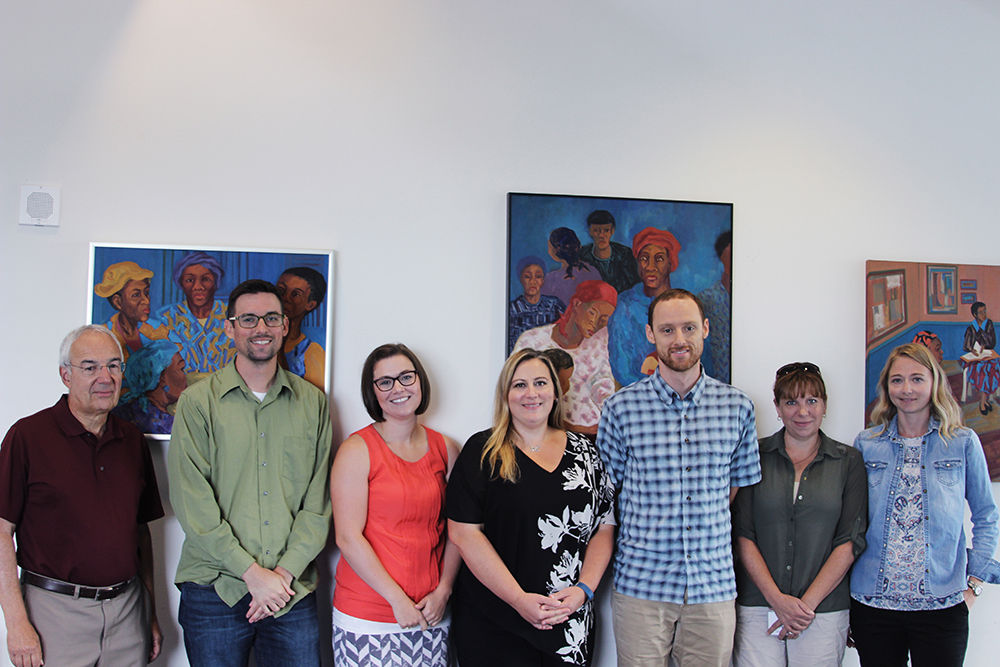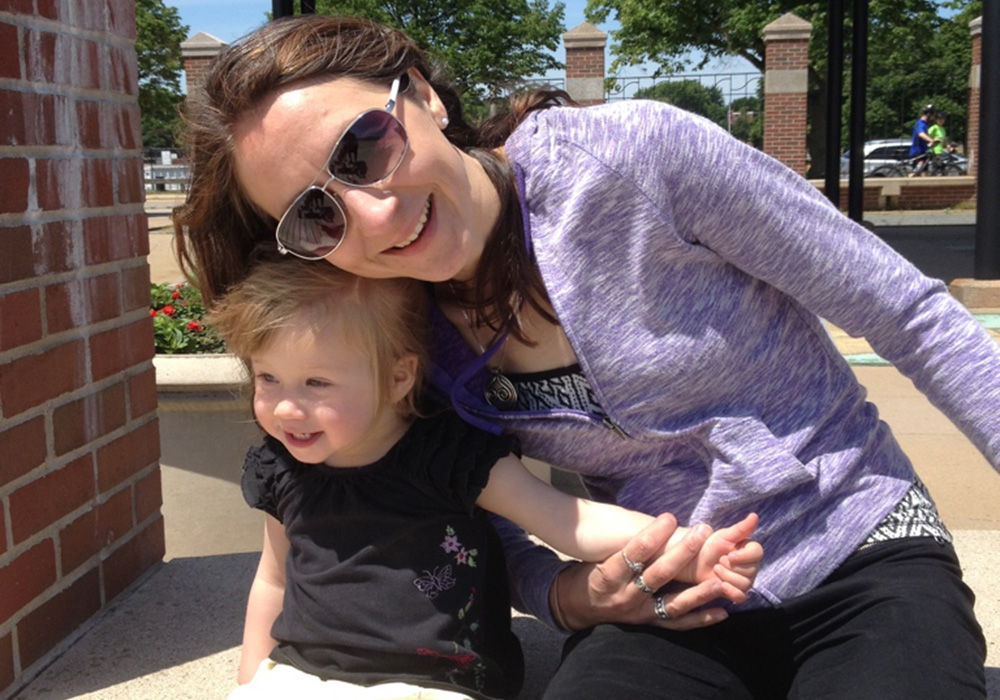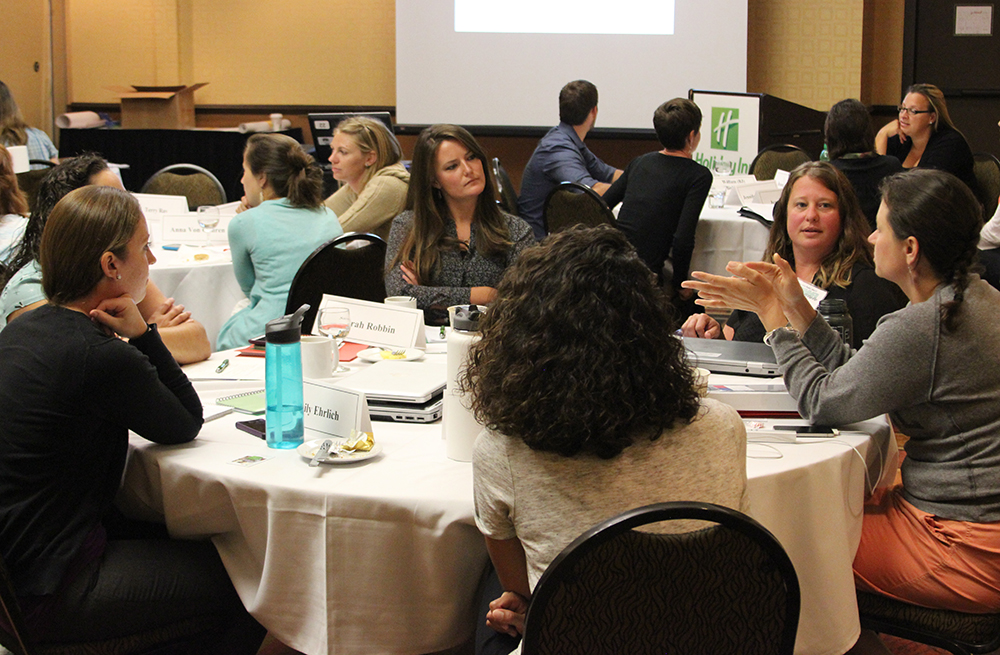Susan Allan working with the Management Certificate scholas in her role as a coach.
NWCPHP sits down with Susan Allan, MD, JD, MPH, Program Director, Instructor, and Coach of the Public Health Management Certificate program to learn more about how the program meets critical workforce demands and supports professional growth.
Susan Allan, MD, JD, MPH, has played a vital role in shaping the vision and implementation of NWCPHP’s Public Health Management Certificate program. Serving as the Program Director and a coach for seven years, she has worked with current and emerging public health leaders on developing the critical management skills needed to increase organizational efficiency and effectiveness.
NWCPHP sat down with Susan to learn more about how the Management Certificate meets critical workforce demands and supports professional growth.
Q. What was the impetus for developing this program?
Public health leaders and managers have long bemoaned the lack of training programs needed to develop the critical management skills for their agencies, and regional and national survey results consistently reflect the demand for more training opportunities in this area. To make matters worse, most management training has a private sector focus, which is often poorly adapted to the public health context.
The Public Health Management Certificate program resulted from many discussions, focus groups, and validation activities with state, local, and tribal public health leaders and professionals, and it has been supporting these workforce demands since that time.
Q. Why is this program relevant given today’s public health environment?
The goals and scope of public health programs will always exceed the funds and staffing available, but strong management skills can help provide communities with the greatest impact and prioritized outcomes from these scarce resources.
Additionally, the nature of public health issues and risks, and the modes for addressing them continue to change and are increasingly complex. With effective management skills, one can better assess these changing needs, quickly adapt the new methodologies and opportunities for interventions, and convincingly communicate the value of public health services.
Q. How can integrated projects make an impact on scholar and organizations?
The integrated project is valuable to both the organization and to the scholar because it serves as an applied learning opportunity. Scholars can use the skills taught in each section of the program curriculum on a project that is timely and relevant to their job or function within their organization.
This “action learning” approach has been shown by research to be one of the most satisfying and effective ways for adult students to acquire new skills – not just with new knowledge, but also in how they use the new information in a practical and meaningful way.
Q. Describe some of the professional growth you’ve witnessed in the scholars.
I enjoy working with a learning team each year as their “coach.” During our monthly sessions, I see growth in their strategic thinking, ability to communicate about their project, and increased self-confidence and management insight. Over time, they even begin to “coach” each other.
Q. What aspects of the program make you the most proud?
There are two aspects of the program that have inspired me since the beginning. The first has been the hard work, commitment, growth, and successes demonstrated by the public health professionals who have participated in the program. Many have attributed their subsequent professional opportunities and achievements in part to the skills they learned in this program.
The vision and commitment of the staff and faculty who helped build this program and continue to deliver it inspires me as well. They have worked as a team to build a curriculum that is comprehensive, interconnected, and respects participants’ time and efforts. Most importantly, they are committed to supporting the participants as much as possible and providing the most effective and practical learning curriculum they can create.
Q. Is there anything else that you would like to share with us?
We work in public health because we want to make our communities healthier, and I greatly respect and appreciate my colleagues for this. I am proud of the participants, staff and faculty in the PHMC program and their contributions to improving the public’s health. We are all better for the fact that we are all in this together!


